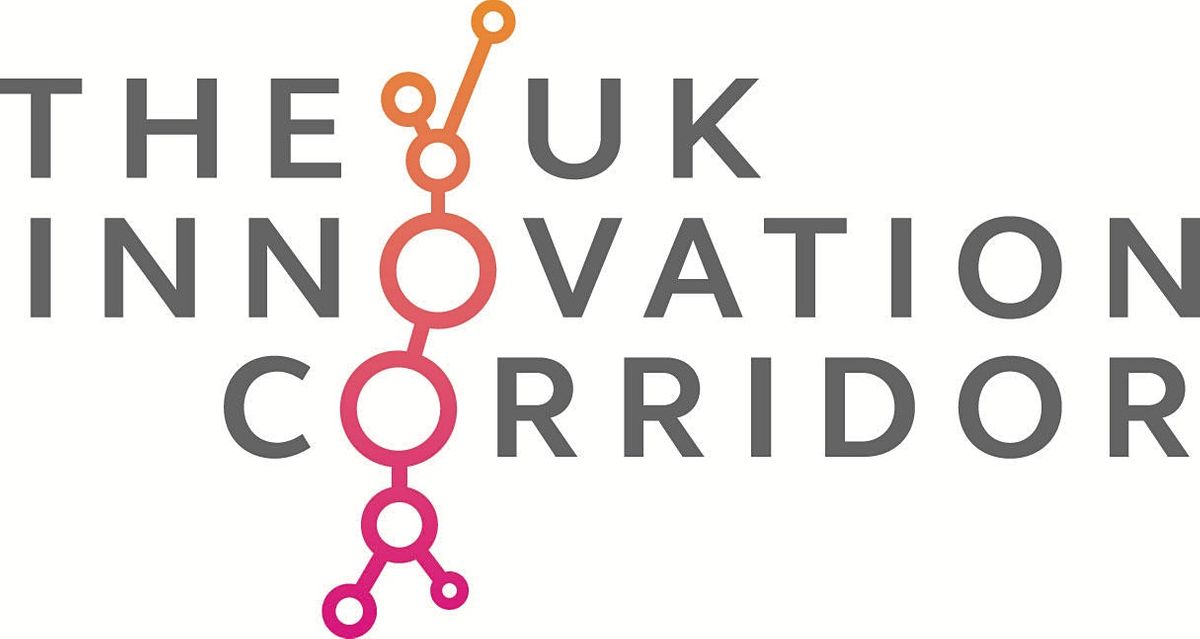
Advertisement
The UK’s Innovation Corridor, linking London to Cambridge, is Europe’s most important cluster for life sciences and med tech. It is unique for having a mayor and combined authority at both ends – and both are committed to work together to ensure future growth is environmentally sustainable and benefits all citizens in the Corridor and across the UK.Every year we convene an annual conference which brings together central, regional and local government, MPs, business, investors and developers as well as the key universities and colleges in the Corridor. This year we debate how we work together with the new Conservative government to ensure the Innovation Corridor delivers strong economic growth which is environmentally sustainable - particularly in science and technology - that is capable of significant and rapid scale up following the UK’s exit from the EU and in so doing contributes to the government’s ‘levelling up’ agenda
Programme
Morning Plenaries
Keynote - We now have a government with a substantial majority and a clear mandate to build a new trading relationship with Europe and the rest of the world; to level up the economies of the midlands and the north and also to maintain Britain’s pre-eminent position in key technologies – many of which are highly important in this – the UK’s Innovation Corridor.
Inclusive Growth: What does this mean for the Innovation Corridor? Can we keep on promoting growth without ensuring that everyone benefits? How does this contribute to the government’s levelling up agenda, locally and nationally?
London and the UK Innovation Corridor have some of the highest rates of economic and jobs growth in the UK - but deprivation, child and in work poverty and worklessness remain significant problems. For example, in Hackney 11% of the borough is in the top 10% for deprivation; in Peterborough it’s almost 15%. Overall two in every five children are living in poverty (after housing costs) in London and the area covered by the Innovation Corridor.
The Climate Challenge: How does investment in infrastructure and an innovative approach to growth help to shrink the carbon footprint of the Innovation Corridor?
The UK’s Innovation Corridor connects some of the fastest growing residential settlements and business and enterprise clusters in Britain, which includes such diverse research and production, as stem cell research in London and Cambridge to guided- missile systems in Harlow. To connect these burdgening centres of employment with the workforce they need and an extensive supply chain of SMEs, we need fast, reliable transport systems, broadband and data storage and efficient energy supplies and other vital utilities. But we should also plan ethical, responsible and sustainable housing and economic growth supported by green infrastructure, driven by clean energy sources.
This module will bring together leading thinkers and practitioners from the fields of medicine, scientific research and academia who will argue that the UKIC can be a successful economic engine, as well as committing to new low energy homes, business premises and public buildings, a decarbonised transport network, embracing electric, bi-mode or hydrogen powered trains, buses, cars and even aircraft, together with attaining high standards healthier, cleaner air and emissions. A climate change emergency is upon us and the LSCC can play a crucial leadership role in pioneering a sustainable regional economy."
Afternoon workshops
Digital: The digital revolution is well under way and is gathering pace. We are moving beyond simple information technology to the use of artificial and augmented intelligence which will change the way we do things even more rapidly. The key here is data – it’s why many of the FAANGs (Facebook, Apple, Amazon, Netflix, Google) are in the Corridor. But do we have infrastructure that is future proofed, and do our businesses have the skills?
Life sciences The outlook for growth in life sciences and med tech looks very strong. Whether this will change as we move beyond Brexit remains to be seen. However, there is already a clear skills shortage particularly for people with the technical skills to operate labs. How can we work at the Corridor and regional level to address this?
Place shaping for innovation The success of Cambridge and London is driving increased demand as the big companies cluster in areas where there is talent and discovery are in abundance. But, in an ever competitive world market we need to be creating places where people want to work – these can’t simply be factories for ideas. And the function will vary according to the location – some will be about discovery, most will be about translation, a few will be for small scale manufacture. Collaboration as well as competition will bring greater rewards – how do we achieve this?
Upper Lee Valley The Upper Lee Valley was one of London’s great industrial areas, arguably the birthplace of the electronics revolution as the place where the thermionic valve was developed, forerunner of the silicon chip and which powered early computers made by Alan Turing for example. It remains an area of industry but what is the future? The growth of niche manufacturing gives us an insight, can we nurture this? Do we want to? If so, how?
Advertisement
Event Venue & Nearby Stays
The British Library Conference Centre, 96 Euston Road, London, United Kingdom
Tickets
GBP 105.00 to GBP 135.00
